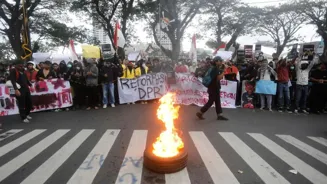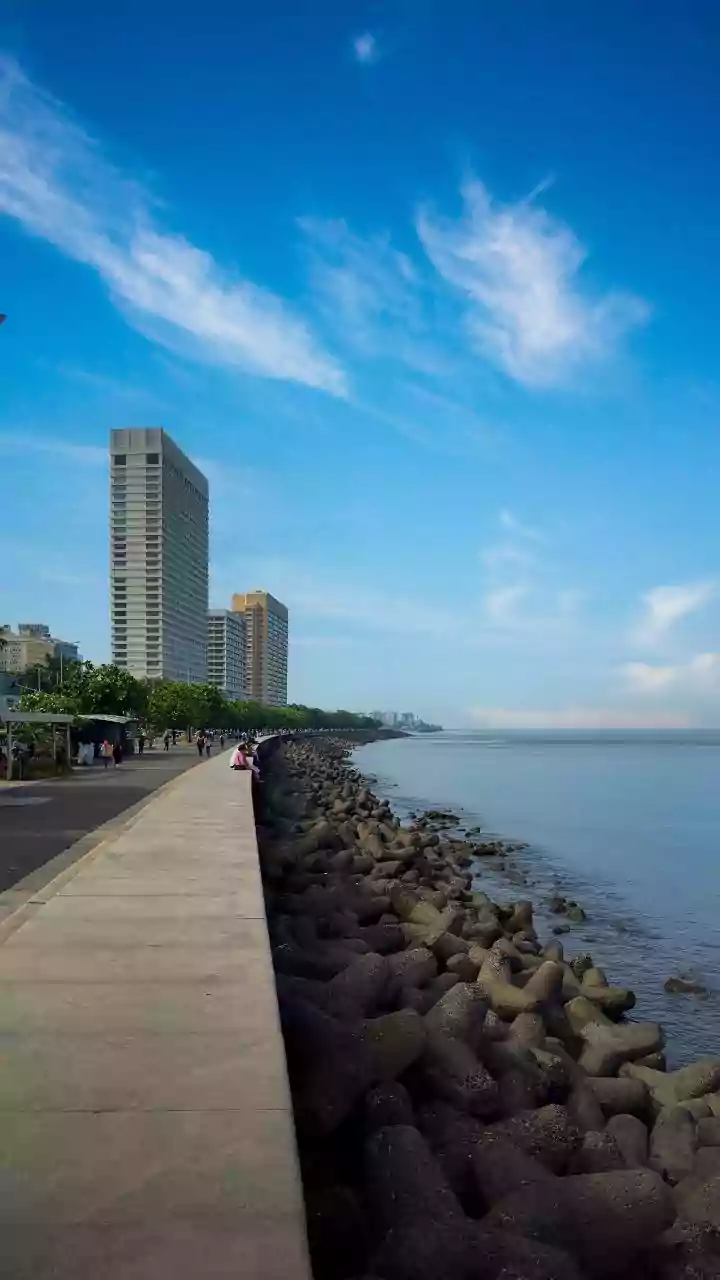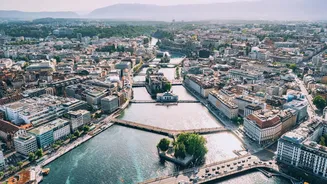New Delhi: Indonesia’s deep income divide, exposed by last month’s deadly riots, has pushed President Prabowo Subianto to recalibrate his strategy. Rather
than unleashing the military, the former general is zeroing in on the nation’s billionaires, betting that curbing elite wealth and seizing what he considers ill-gotten gains will calm unrest and restore stability, Bloomberg reported. According to people familiar with his private deliberations, advisers were split during the height of the unrest — one group pressed for martial law, while another urged restraint. Prabowo ultimately sided with the latter. But the riots reinforced his view that “bolder action” was needed to sideline entrenched elites and address economic imbalances in Southeast Asia’s largest economy.
From Finance Ministry to Tycoons
The first major move came with the surprise dismissal of finance minister Sri Mulyani Indrawati, a figure widely respected by international investors for fiscal discipline. Her replacement, Purbaya Yudhi Sadewa, shares Prabowo’s belief that Indonesia can safely borrow more to fuel growth and that the central bank should align more closely with government priorities.
As per the report, Prabowo’s next focus is Indonesia’s billionaires, whom he believes have become excessively powerful and wealthy. According to people briefed on his thinking, he is examining ways to seize what he considers “ill-gotten gains,” expanding the state’s confiscation of palm oil plantations and mines. Already, his administration has taken control of about 1.5 million hectares of plantations from firms judged to have breached regulations, with more under investigation.
At a state-of-the-nation address, Prabowo struck a populist note: “Those who relentlessly pursue maximum profit, deceive and exploit our people, and carry those profits out of the Republic of Indonesia,” he declared, promising tougher enforcement of constitutional provisions that place natural resources under state control.
Income Divide Fuels Anger
The unrest that engulfed Jakarta in August was sparked when lawmakers awarded themselves housing allowances ten times the monthly minimum wage, sparking fury among students, motorcycle taxi drivers and informal workers. Tensions escalated after a police vehicle killed a delivery driver, prompting riots that evoked memories of 1998, when violent protests ended Suharto’s three-decade rule.
A study by Jakarta’s Center of Economic and Law Studies underscores the economic divide. It found that the combined wealth of Indonesia’s 50 richest people could cover the salaries of the entire national workforce for a year. Nearly half of these fortunes stem from resource industries such as coal, nickel and palm oil.
Nervous Markets, Uneasy Tycoons
Markets have been wary of the president’s moves. Since Sri Mulyani’s ouster, foreign investors have sold a net $1.3 billion in local stocks and bonds this month, even as Indonesia’s broader equity index has climbed. “Nervousness is clearly building among investors,” said Anders Faergemann, senior portfolio manager at Pinebridge Investments in London. “Any signs of erosion of central bank independence will be considered unfavorable for local bonds and the rupiah.”
Tycoons, too, are unsettled. Earlier this year, Prabowo privately met Prajogo Pangestu, Indonesia’s richest man, along with other magnates including Garibaldi Thohir and Anthoni Salim. He told them bluntly: “You’re powerful and if you want to run away, go ahead, I won’t bother you. But I told them, ‘I have to take care of the weak. I have to take care of the poor.’”
According to people close to him, business elites became particularly nervous when Prabowo quoted the 1945 constitution on state control of land and resources.
The Big Bet
Prabowo is steering Indonesia toward a model of state-led capitalism, echoing China’s development path. Central to this shift is Danantara, a new sovereign wealth fund that has absorbed $1 trillion in state-owned assets and is now raising money from the country’s wealthiest families through so-called “patriot bonds.”
Analysts warn, however, that taking on powerful business interests could strain his coalition and fuel further unrest if promised welfare benefits fail to materialise.
For now, the 73-year-old president is betting that channeling elite wealth into social programs — from free meals to low-cost housing — will ease tensions and cement his legacy. Whether investors, tycoons, and the public rally behind him remains the open question.






















